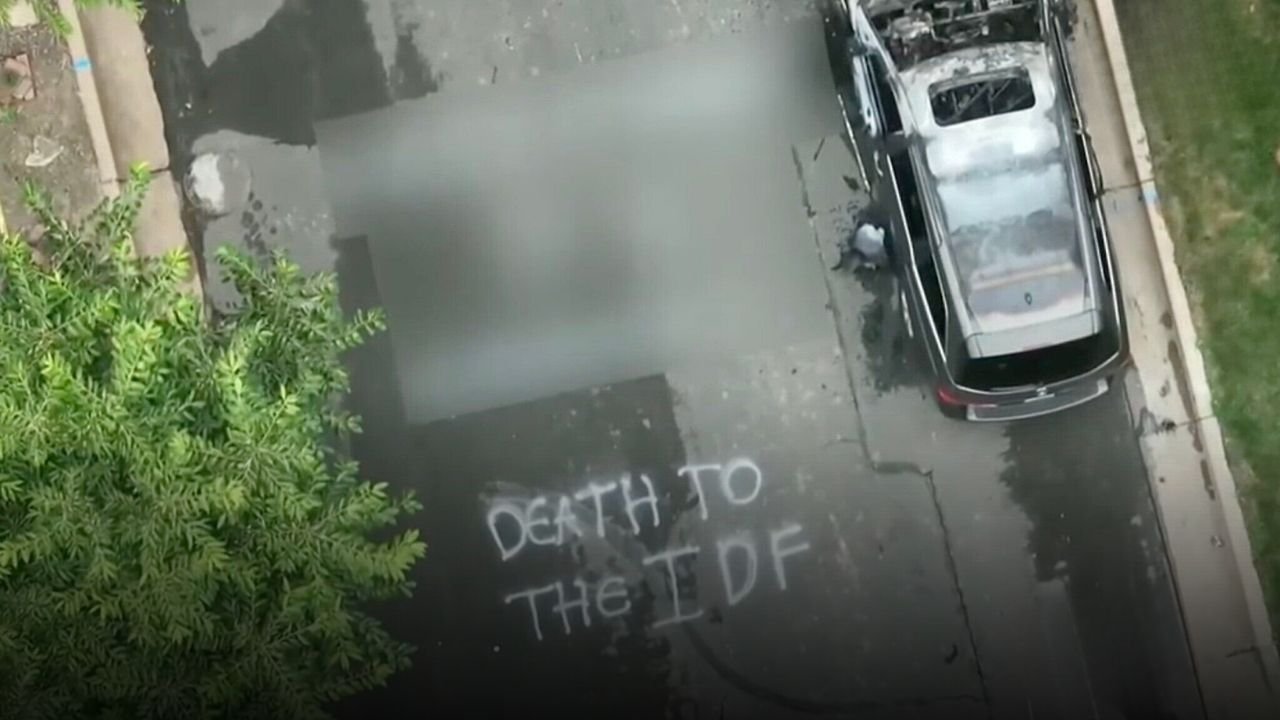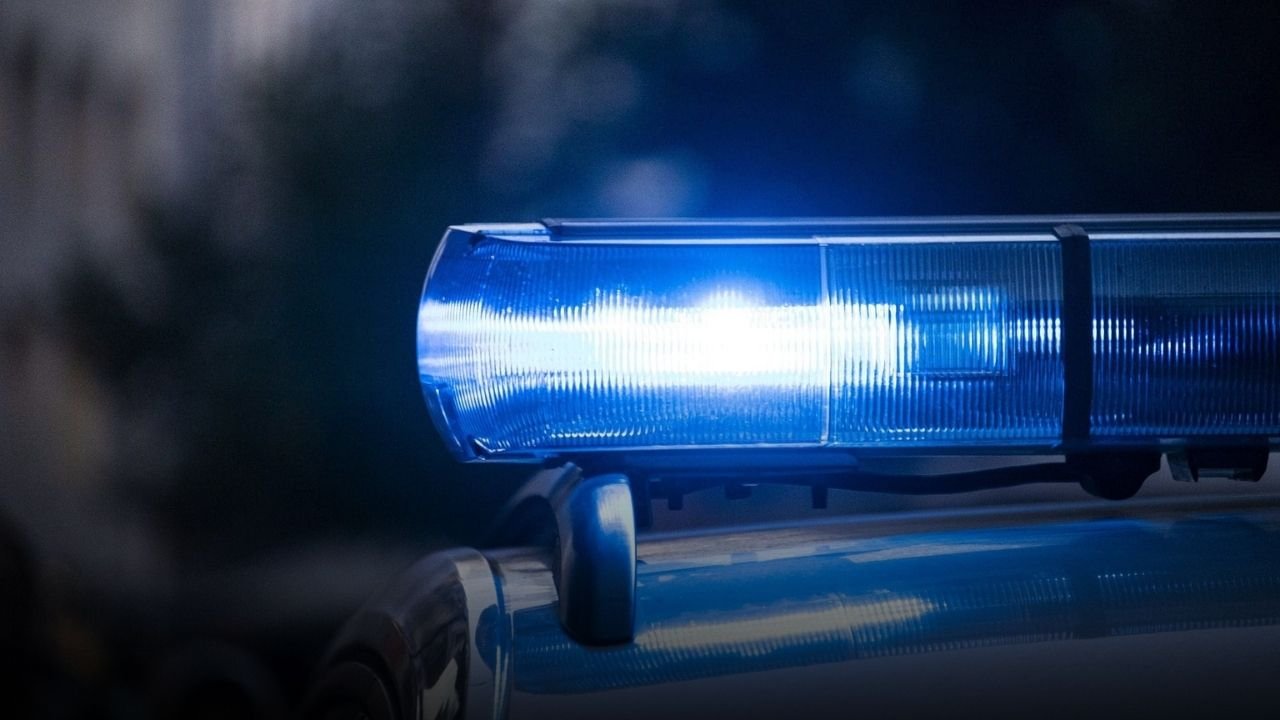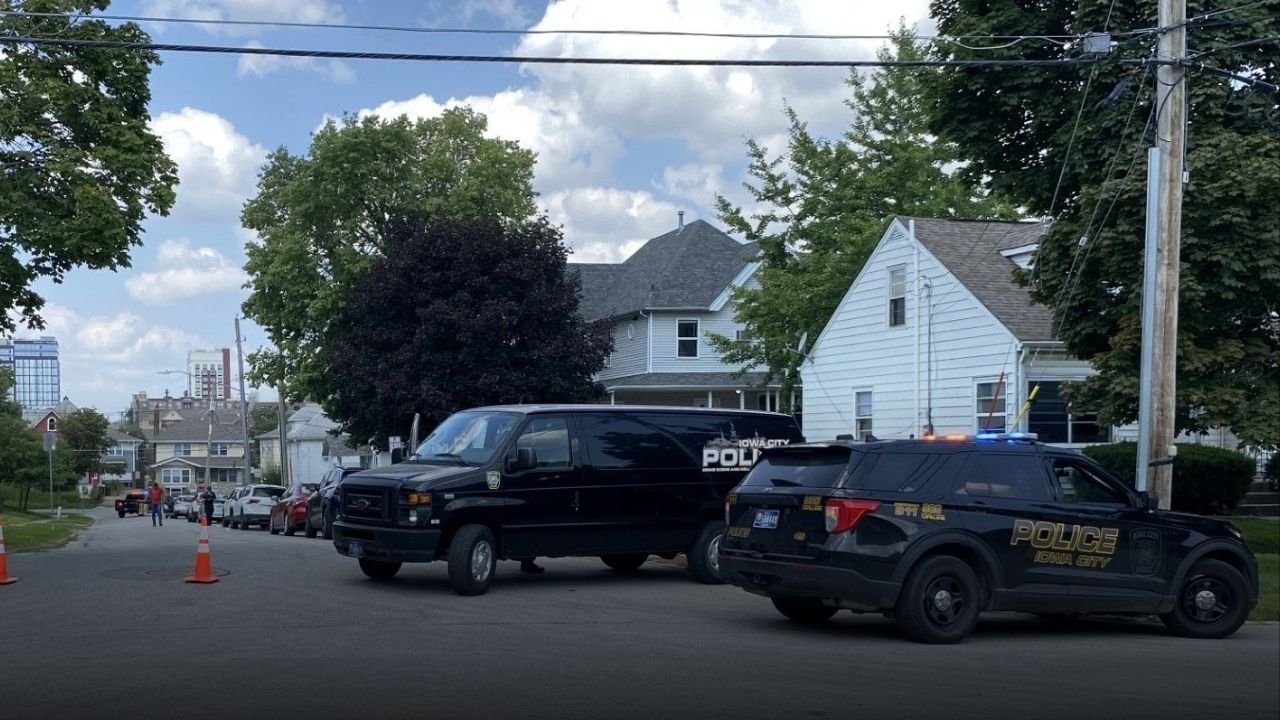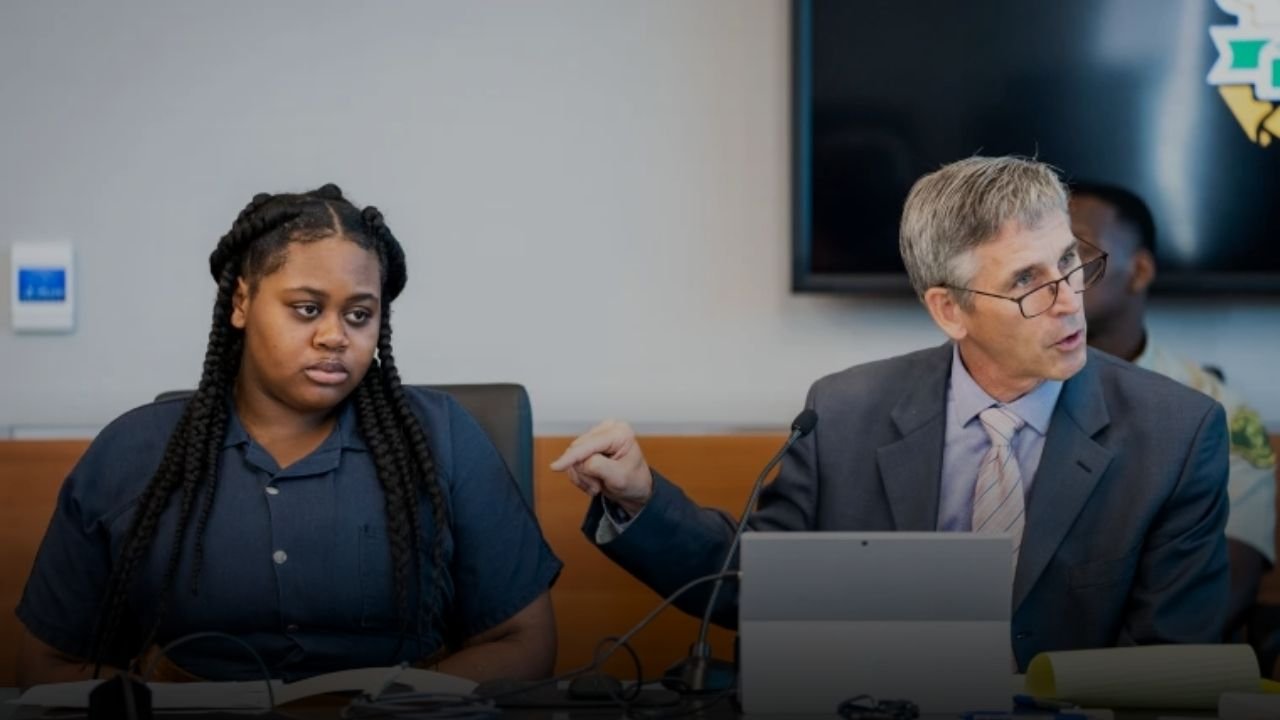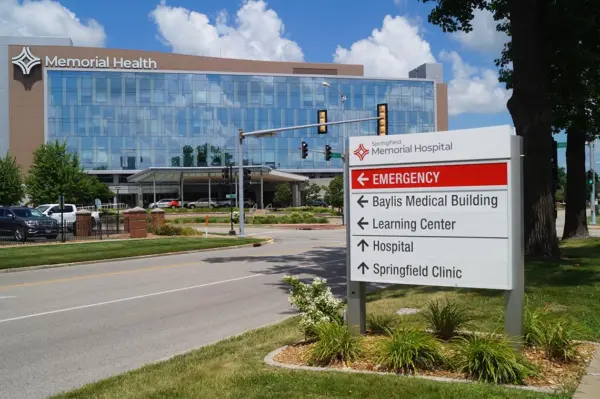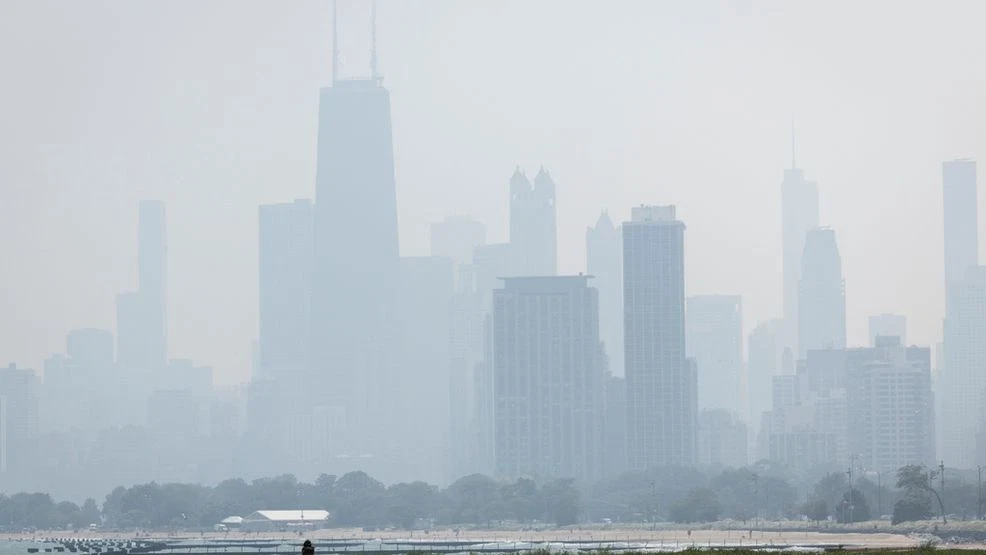CHICAGO — A new measure passed by the Illinois General Assembly could make it easier for low-level gun offenders to apply for and receive Firearm Owner’s Identification (FOID) cards, restoring their legal ability to own firearms.
The proposal, passed on the final day of the spring legislative session, would streamline the FOID card application process for individuals who were previously arrested for illegally carrying guns — particularly in cases where no violence or repeat offense was involved.
The bill now awaits Governor J.B. Pritzker’s signature. If signed into law, it would create a formal path for some offenders to regain lawful access to firearms, provided they meet eligibility standards and complete the permitting process.
A Bipartisan Effort to Rethink Gun Restrictions
In a rare moment of bipartisan agreement, both Democrats and Republicans in the Illinois legislature supported the bill, signaling a shift in how the state approaches firearm policy enforcement.
Critics of Illinois gun laws — particularly from the GOP — have long argued that excessive restrictions unfairly target lower-income residents and disproportionately impact communities of color. They say this new measure strikes a balance by rewarding legal compliance while removing bureaucratic hurdles for non-violent offenders.
Democrats backing the bill have emphasized accountability, arguing that encouraging formal registration helps reduce illegal gun possession and builds safer communities.
“This is about giving people a second chance,” said one legislator involved in drafting the measure, as referenced in the Chicago Tribune’s coverage.
Public Reaction: Divided, But Growing in Attention
While some gun control advocates have voiced concern that the bill could be seen as weakening enforcement, others argue it focuses on the right population — those arrested once, not those with histories of violent crime or felony convictions.
Social media reactions have been mixed. One viral post pointed out the irony of Illinois residents speaking out against gun violence while simultaneously supporting “lenient gun policies.” Others, however, praised the bill’s restorative justice approach.
The debate reflects broader tensions over how Illinois manages firearm reform, particularly in Cook County, where gun arrests have surged in recent years — but with questions over long-term prosecution and rehabilitation strategies.
What Happens Next?
Governor Pritzker has yet to indicate whether he will sign the measure, though sources suggest it has executive support given his past openness to “smart reform” approaches to public safety.
If signed, the bill would amend FOID eligibility rules, potentially impacting thousands of Illinois residents with minor gun-related offenses, especially those who’ve completed their sentences and are now seeking legal compliance.
Should Illinois give low-level gun offenders a second chance to apply for legal firearms?
We want to hear your thoughts. Join the conversation at ChicagoSuburbanFamily.com and let us know what this means for your community.




